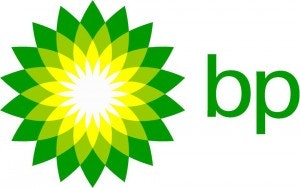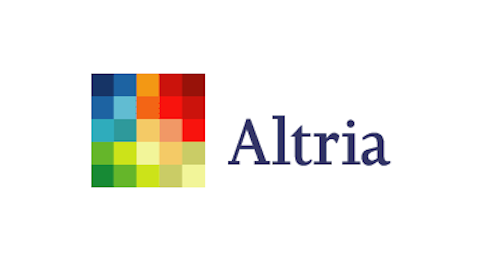BP plc (ADR) (NYSE:BP) is in the news again because of problems at one of its drilling platforms. Although the North Sea event didn’t have the massive implications of the Gulf of Mexico spill, it continues a trend that should worry investors.
Hard to find
Oil is increasingly difficult to find. That’s a big problem for the world’s international oil drillers. It means that it is becoming harder and harder to replace the oil and natural gas that they pull out of the ground each year with new reserves.
If an oil driller has nothing left in the ground, it has no business. Of course that’s taking the issue to the extreme, but this concern is what’s pushing these companies to look for new reserves in increasingly inhospitable locations.
Where’s the oil?

Oil is also being found in more dangerous and harder to reach locations. This includes deeper waters and harsher environments. BP plc (ADR) (NYSE:BP)’s North Sea oil spill is an example of both.
Although “only” about 125 barrels of oil leaked in the September event, the slap on the wrist from Norway’s Petroleum Safety Authority is a big concern. So, too, was the over 60 day halt in production. According to Bloomberg, Norway sited “serious breaches” in the company’s maintenance procedures.
If such issues are widespread, BP plc (ADR) (NYSE:BP) has a big issue. Worse, safety concerns at a company that went through a massive, industry changing disaster is a bad sign.
Not the only one
To be fair, BP isn’t the only company experiencing problems as it searches out new sources of oil. Royal Dutch Shell plc (ADR) (NYSE:RDS.A), for example, chose to halt drilling in the Arctic seas surrounding Alaska after it experienced problems.
While no oil was spilled in the event, it was concerning enough to management that they are taking extra time to evaluate the entire project. The difference between BP plc (ADR) (NYSE:BP) and Royal Dutch Shell plc (ADR) (NYSE:RDS.A), however, is that BP’s past problems have left it a weaker company. It has little choice but to be more aggressive after the financial impact of the Mexico disaster required asset sales.
These two events at BP should lead investors to ask if management is pushing too hard and cutting corners. Since both companies have similar yields around 5%, investors may choose to consider Royal Dutch Shell plc (ADR) (NYSE:RDS.A) over BP.
Buying access
The other way that oil companies can get access to additional reserves is to buy them. That can include such corporate actions as Exxon Mobil Corporation (NYSE:XOM) buying XTO or China Petroleum & Chemical Corp (ADR) (NYSE:SNP)‘s billion dollar partnership with Chesapeake Energy Corporation (NYSE:CHK).
